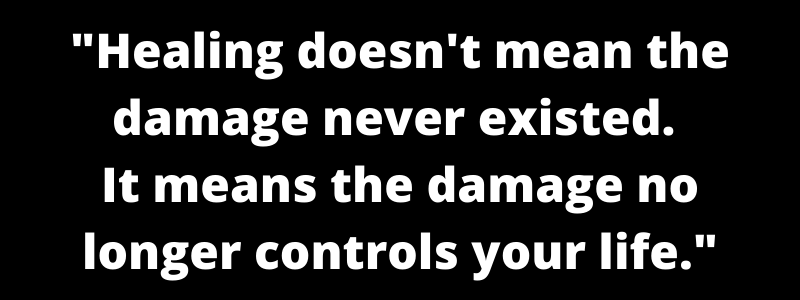Anyone who has suffered through a reputation crisis knows emotional pain and suffering, especially if defamation is taking place or has taken place.
The injury and trauma and the oft-accompanying hurt, humiliation, anxiety or fear can be severe. While many reputation professionals will help you respond to it and work safely through the misery, skilled attention and help towards the emotional well-being is not common.
Jennifer Cunningham has been there. She knows how deeply such pain cuts. She decided that people in emotional conflict or crisis were rarely receiving what their minds and bodies craved and had to have in the form of professional psychological care on their way to resilience.
Founder of Oxygen Coaching and a reputation repair coach, Cunningham talks about her experiences, why what she does satisfies a significant need and gap in the market and specifically how she serves people, all in this week’s A Short Conversation feature.
The business name, Oxygen aligns with Cunningham’s assessment of people’s emergency when they have been mistreated and are enduring psychological and reputation injury.
“When a person struggles with reputation repair after a humiliating trauma, it sometimes feels as though they are suffocating and they need extra help; they need oxygen to breathe back into life,” she says.
Cunningham, who has a masters in conflict management and another masters in counseling, saw a real, common necessity for listening, compassion, support and healing the emotions people suffer.

“After experiencing a traumatic work related humiliation, I was wounded in a way few could understand,” she says. “Friends and family were supportive but even they began to tire of listening to my story. I was committed to not letting this situation define me. I was determined to turn it around. I knew I had the professional background and experience to be effective as a coach.”
Turning pain into service to others, her experiences gave her awareness of the pain, unique insights and a strong ability to use her own recovery to be of valuable assistance to others.
“I knew there are people out there who have suffered cruelties, injustices or perhaps lapses in judgment, which have affected their reputations and self-confidence. I decided to harness my energy and be a support for others,” Cunningham says.
Having been in the pit of suffering, the work has special meaning and created a purpose and meaningful reward.
“I am deeply humbled to be trusted by clients who share their inner selves with me,” she says.
Cunningham’s attention to recovery and confidence are foundation pieces to her work. Reputation professionals and firms, as well as law firms are not focused on those real human needs. They are overlooked components, often leaving people suffering, sometimes for years.

Cunningham believes that recovery and confidence are important to bring into conversation and attend to with care for someone’s well-being, professionally and personally.
“People in these situations need to be heard more than anything,” she knows and has learned. “They need someone to process with, someone who understands their pain. Then, they need to be reminded of who they were before.”
Cunningham has an analogy to illustrate to explain more vividly.
“It’s almost like repairing a damaged building. The building was there intact and then it was not. Step by step, the building and the person can be repaired,” she says. “The building is repaired with mortar and bricks and the person, with compassion and a vision for healing, when they may not have that themselves.”
That commitment to the humanity of people who have gone through a crisis is important to Cunningham. It’s become a duty.
“My mission is to be a catalyst for healing,” she says. “Some people may be able to do it themselves, but not everyone has the mental strength or the time. I am able to accelerate the process so that clients see themselves again sooner versus later.”
The mission is clear, challenging, a passion.
“My goal for the marketplace is to recreate happy, healthy people,” Cunningham says.
She’s also found, as many victimized people do, that healing often comes or is deeper through service to others, even though that is rarely the intent of being there for people in their time of struggle or misery.
“The process also helps me,” Cunningham says. “There is a term used in solution-focused therapy, ‘vicarious resilience.’ This is when a helping professional, whether it be a coach, therapist or healer, experiences their own growth from witnessing the growth of their client. It’s a win-win.”


